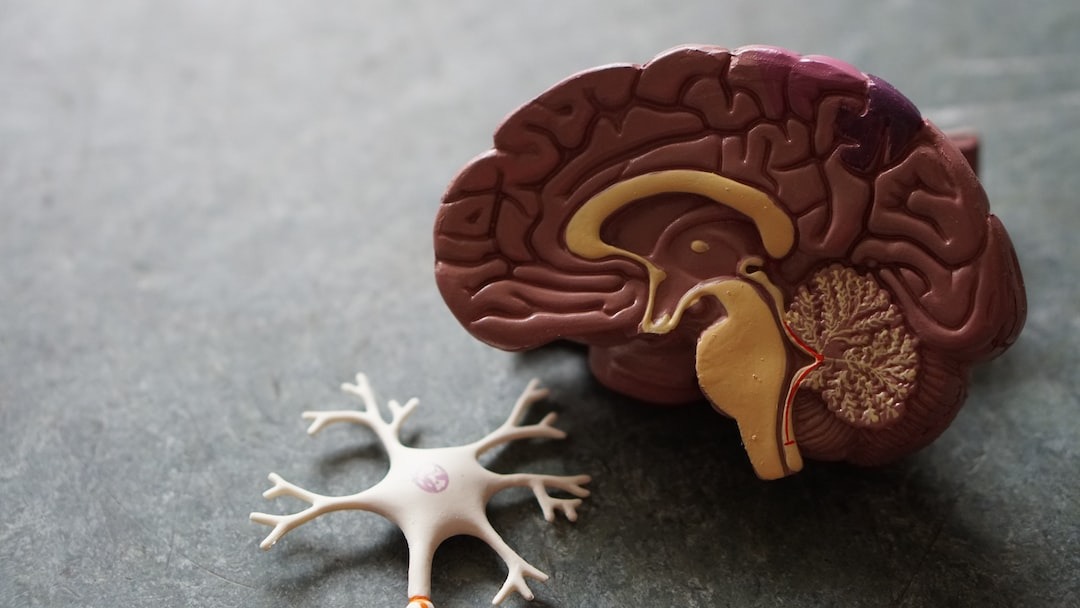Addiction often gets pegged as a personal weakness, both by the individual who is struggling and those around them. However, even “strong” people can become addicted. Nearly 20% of those struggling with alcoholism are well-educated, high-achieving individuals. The misconceptions surrounding addiction — particularly that it is a choice or simply the consequences of one’s actions — do an injustice to those experiencing this condition. In reality, numerous factors can be involved in the development of an addiction.
Is Addiction Genetic? Genes Matter
A person’s genes account for at least 50% of his or her predisposition to addiction. However, genetics don’t just play a part in susceptibility; they may also affect the start and duration of an addiction. In other words, genetics can be blamed for roughly 75% of an individual’s decision to start smoking; 60% of that person’s chances of becoming addicted; and 54% of his or her ability to quit.
Ongoing research into specific DNA markers related to heightened addiction predisposition has yielded a great deal of insight. Researchers were able to pin down a certain genetically produced protein related to learning, memory and addiction. The proof that family history or genetics plays a role in addiction is also easy to find. For example, children of those suffering from an addiction are eight times as likely to develop an addiction of their own.
Is Addiction a Disease? More than Genetics
Addiction is a complex brain disease. Ongoing substance use and abuse can change how the brain functions. Therefore, yes, addiction is a disease — albeit a socially misunderstood one.
While 50% of addiction may be attributed to genetic factors, other contributors such as the environment, poor coping skills and ill-advised life choices can make up the remainder. For example, having a family history of addiction, an inability to handle strong emotions, and deciding to use drugs regularly could put you at major risk of becoming addicted.
Numerous diseases stem from a combination of genetics and poor lifestyle choices, including heart disease and adult-onset diabetes. Those diagnosed with these conditions typically made a few poor choices — such as not eating well and not getting enough exercise — but the diseases are also related to genetics. The difference between, say, heart disease and addiction is the associated stigma. You would never think you were weak or flawed because of a cancer diagnosis. You would be ready to fight against the illness. Addiction should be treated the same.
Cross Addiction and Cross-Generational Addiction
Cross addiction refers to a situation in which one individual has multiple addictions within his or her lifetime. You may develop an addiction to cocaine but later turn to opiates, for example. The reason is that nearly all types of addiction affect the same parts of the brain.
You can gain a better understanding of cross addiction by looking at cross-generational addiction. As already noted, a family history of addiction gives you a higher chance of becoming addicted. Essentially, your brain is genetically predisposed to addiction because certain parts of your brain may be susceptible. Once you have struggled with addiction — with or without a family history — your risk of becoming addicted to something else is heightened due in part to the changes in your brain that have occurred.
Overcome Addiction in Spite of Genetic Predisposition
You don’t have control over genetics or the environmental factors of your childhood. You do have control over your life choices and coping mechanisms. If you are ready to make a change and beat addiction, contact the experts at Buena Vista Recovery for help.





